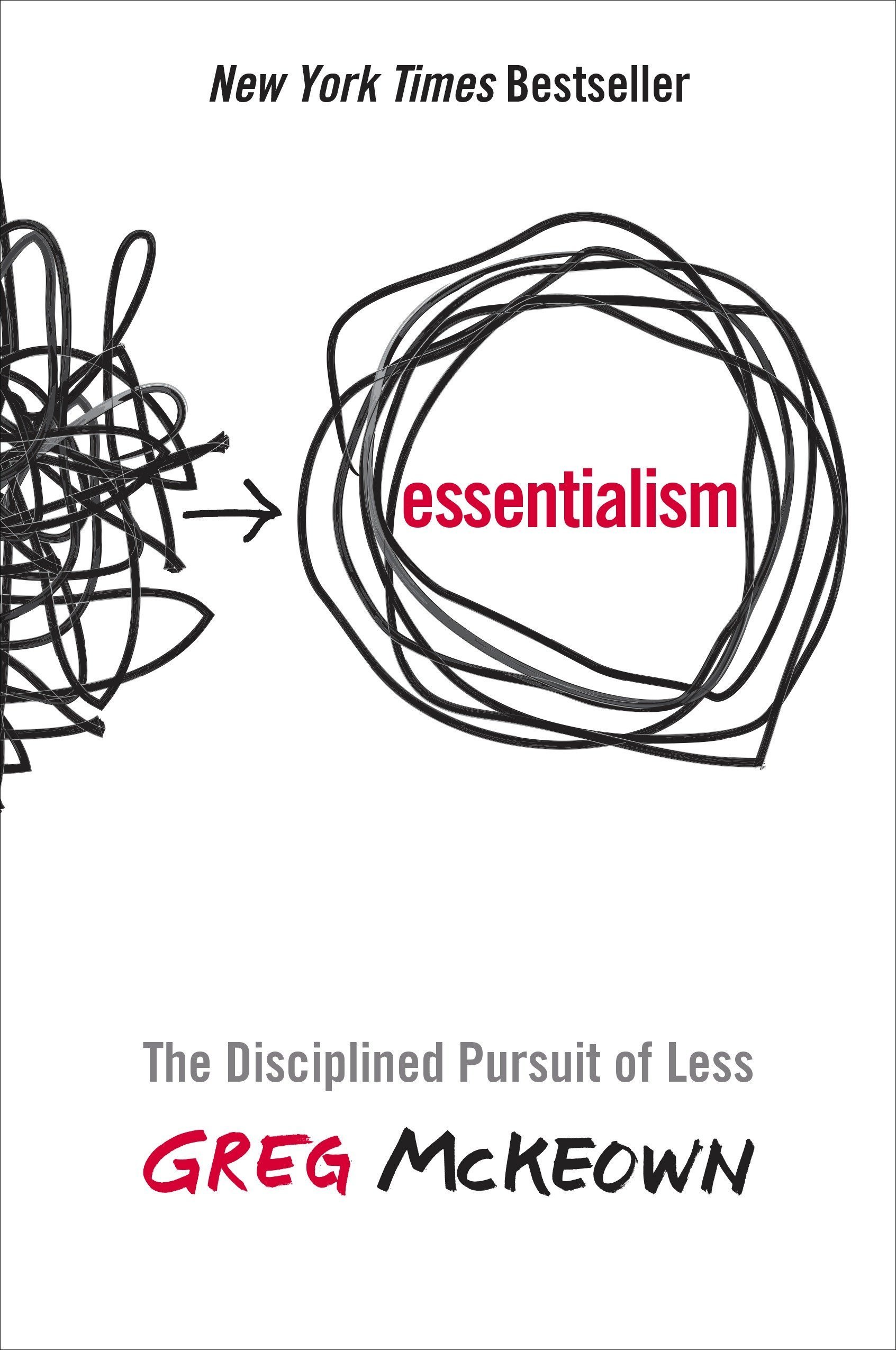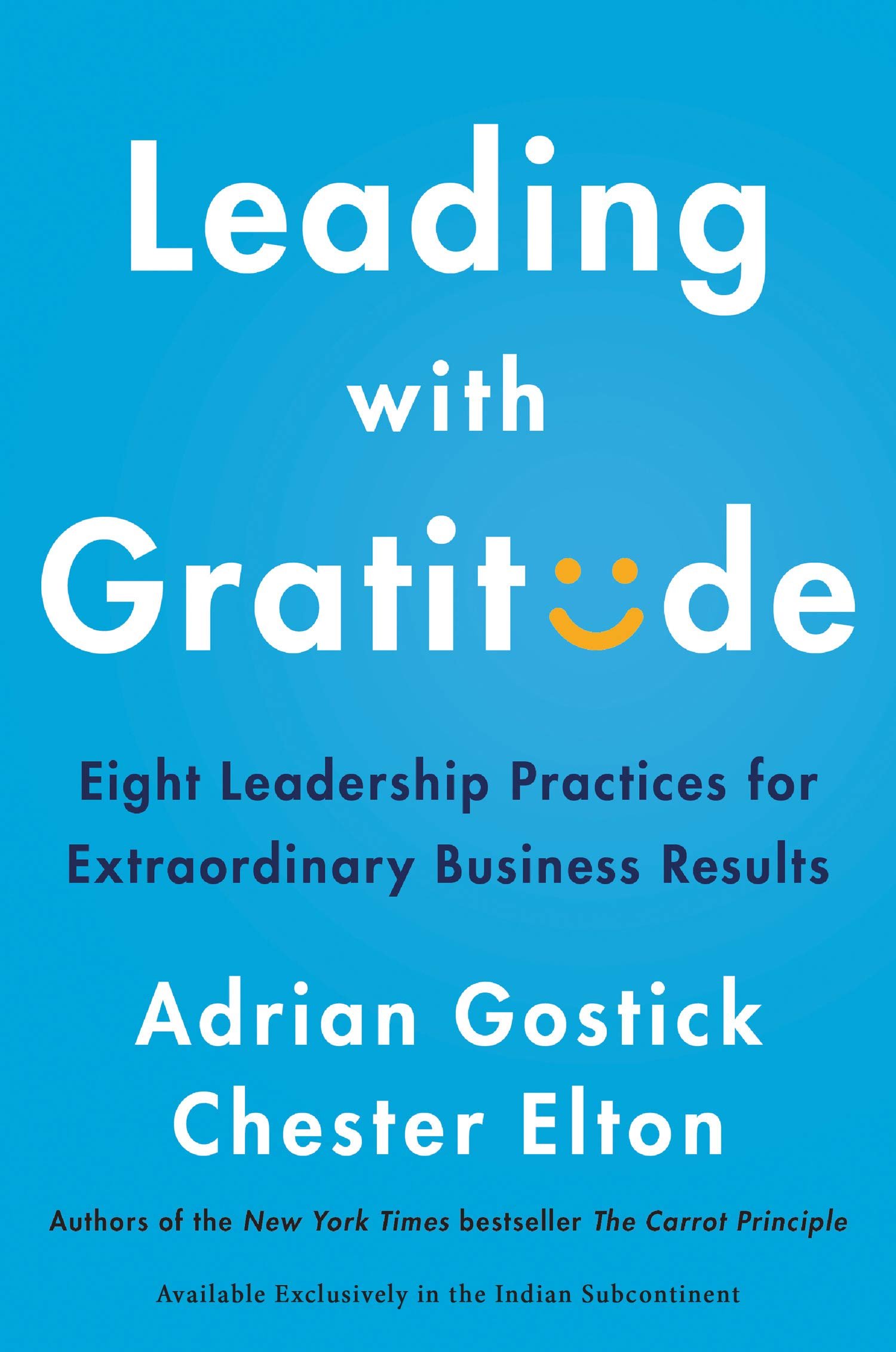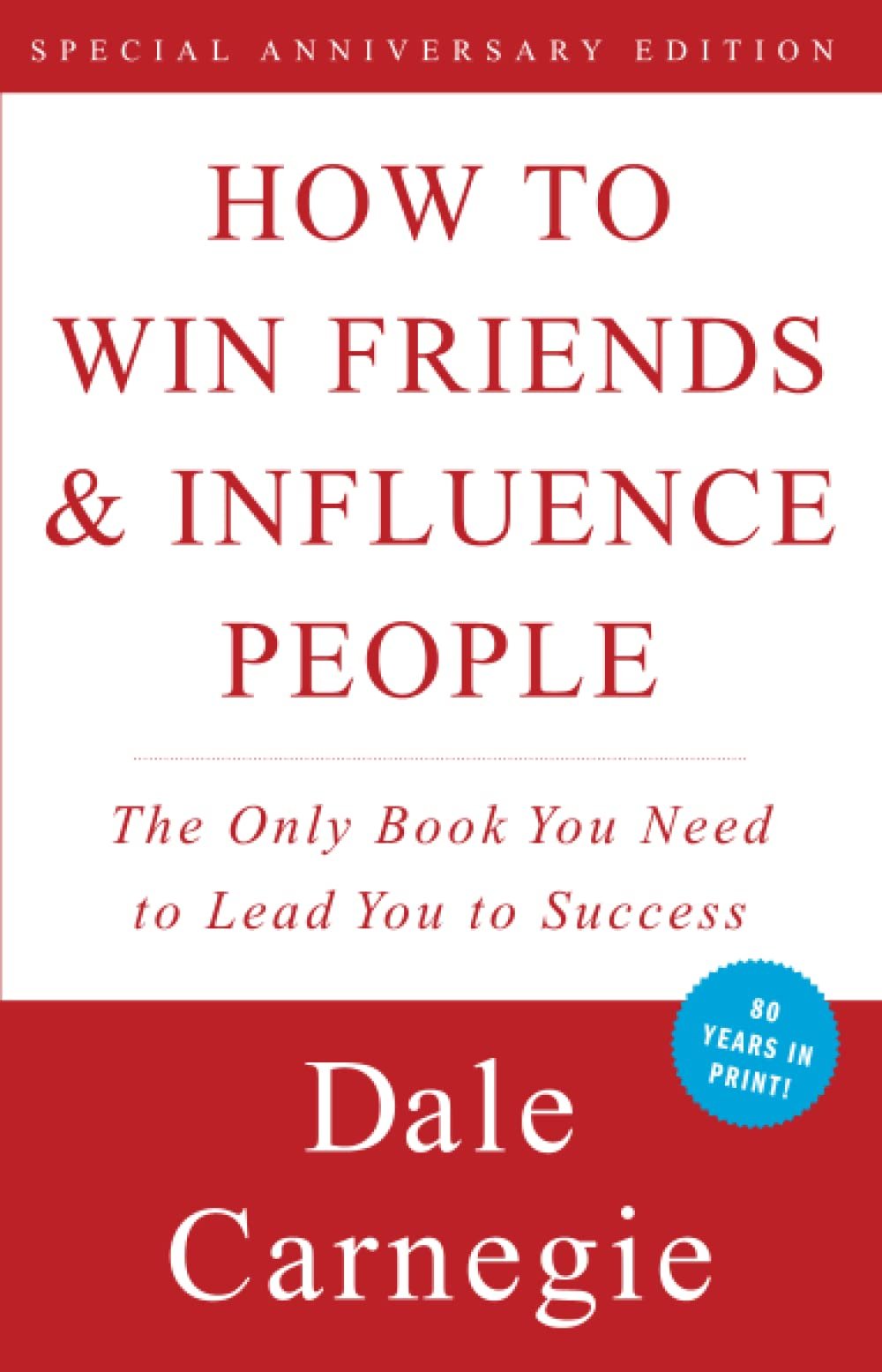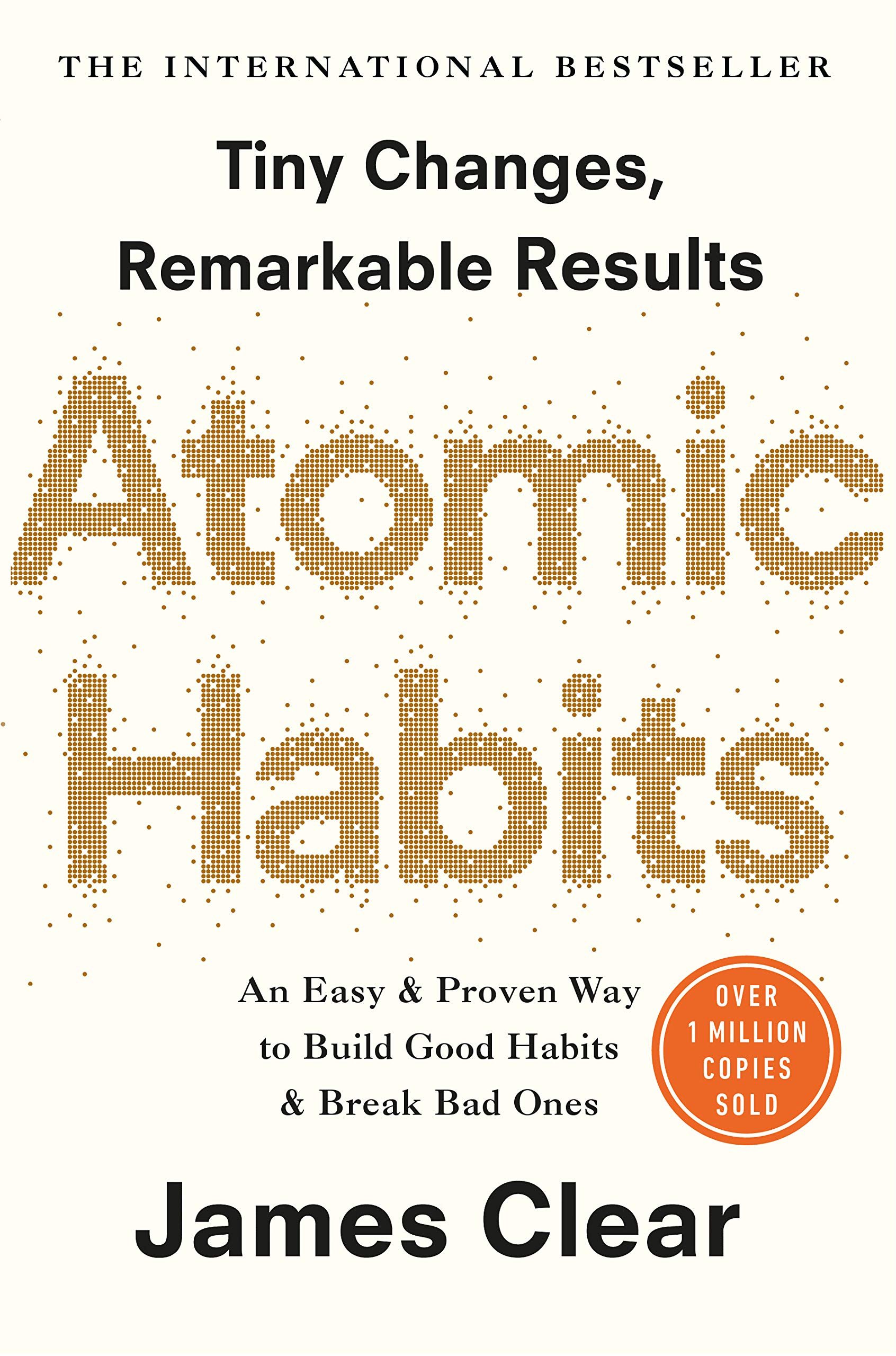Insights From 100 Books
Picture of me seemingly contemplating the meaning of life when I’m in reality thinking about why my fellow aliens haven’t visited me yet.
Earlier this month I shared a few insights from my goal of reading 100 books in 2021. Some of these were that I might be an alien, that I don’t listen to music in the speed 2X but that I do wish some people could speak in 2X and that carpe diem are some of our most profound words of wisdom and should be protected and remembered at all costs.
If you disrespect yourself enough to take the time to read yet another one of my articles while you could for example be listening to hiphop, I salute you. However, believe it or not - this article turned out quite serious and I almost managed to write it without any traces of irony or bad memes. Note the word almost.
I truly hope you will like this article which is a deep-dive into six of the books I appreciated the most in 2021 as well as some sneak peeks to what I’m reading right now.
Let’s go!
1. Essentialism by Greg McKeown
Summary
The book explores the philosophy of essentialism. It highlights the advantages of focusing on what is essential in one's life, which can be applied to various aspects, including relationships and material possessions.
Main insights
I really liked the zero-based model where you ask yourself questions such as “If I hadn’t invested resources in this project or relationship, would I choose to start investing in it today?”. This way of thinking is a way of avoiding the so-called Sunk Cost Fallacy which describes our tendency to continue with actions and behaviors if we have already invested time, effort and money into them, regardless if the current projected costs outweigh the benefits.
I’ve earlier in life struggled with knowing what to say yes and no to and I’ve especially had a hard time saying no. I remember the first time I heard about the rule “If it’s not a fuck yes, it’s a no”, from the author Mark Manson, meaning that if you hesitate in something, whether it’s within dating or deciding for a new job, you shouldn’t proceed. There is a famous quote from Antoine de Saint-Exupéry that goes “Perfection is achieved not when there is nothing more to add, but when there is nothing left to take away.”
The book was a reminder in the direction of only saying yes to what’s truly essential in my life and this way of thinking has already helped me massively in my decision making processes. I am now better at saying no to things I don’t have time with or simply don’t wait to do and I’m getting better at doing it without feelings of guilt. You only have to text me “Hey Vendela, want to go and exercise toge…” and you will receive “Thanks but no thanks!” within a millisecond and I’ll continue resting on my couch eating cookies - a clear fuck yes. Awesome book.
2. Leading with Gratitude by Adrian Gostick and Chester Elton
Summary
The book focuses on the importance of showing gratitude as a leader and shares that receiving gratitude is one of the most powerful motivators for employees. However, studies show that only a limited number of leaders regularly express gratitude. The book provides insights into the reasons behind this and offers tools for implementing gratitude within your organization.
Main insights
I find it fascinating that gratitude is often more effective than monetary incentives, yet so few people, especially leaders, incorporate it into their leadership approach. Therefore, I found it interesting to read the authors' potential explanations for why we don't express enough gratitude. Some of these reasons are:
a) Fear that it wouldn’t seem authentic if we suddenly started to show more gratitude
b) Fear that it would be unequally distributed among employees
c) Fear that it would take away credit from yourself by crediting others
d) Fear that praise (compared to rebuke) would make employees less motivated to perform
e) Fear that gratitude might lose its significance if expressed too frequently, leading leaders to reserve it for special occasions
The authors also address why all of these potential fears are not valid reasons for not showing more gratitude. For instance, they draw a parallel between the last fear and a parent attending their child's soccer game. Every parent recognizes the motivational power of offering praise during the game. Equating the last fear to this scenario would be simlar to reserving cheers for a few select moments, such as when the child's team scores a goal. Of course, this approach would not improve the child's performance and would likely diminish the chances of winning the game. The authors of the book argue that leaders should adopt a similar perspective when considering workplace achievements.
As a last note, I'd like to address that many people may perceive praise as insincere, a concern highlighted in the book as well. It's important to recognize that not all expressions of gratitude are received equally and giving praise is indeed an art in itself. If you delegate all the work to your employees and offer a generic "Great work everyone" at the end of the day without active involvement, chances are it may be perceived as patronizing and your employees may not truly appreciate it. However, if you actively participate in the project alongside your employees and give specific compliments, such as "I appreciate the way you handled that customer. Despite his initial frustration, your approach turned the situation around," your expressions of gratitude are more likely to be well-received. Showing genuine care and appreciation for someone's actions can be conveyed in numerous ways and it's important to do so with sincerity and authenticity.
.
3. What You Do Is Who You Are by Ben Horowitz
Summary
The book is written by Ben Horowitz, who is the co-founder (alongside Marc Andreessen) of the venture capital firm Andreessen Horowitz, Some readers may be familiar with Horowitz's name from another famous book, "The Hard Thing About Hard Things." In this book, "What You Do is Who You Are", Horowitz shifts his focus to the question of how to create a great company culture.
Main insights
I like the way the book draws analogies between historical examples of leadership and culture-building and contemporary examples such as Netflix. I got so many valuable insights while also recognizing the timeless nature of leadership skills. I learned about figures like Haiti's Toussaint Louverture, the leader of the only successful slave revolt; the Samurai, who held leadership roles in Japan for centuries; and Genghis Khan, who built the world's largest empire.
One quote by Horowitz from the book that I love is, "If you see something below standard and do nothing, then you've set a new standard." I found it fascinating to learn that Horowitz's firm employs a pretty unconventional method to maintain high standards; they charge their employees USD 10 per minute for being late to meetings with entrepreneurs. Horowitz emphasizes that your actions reveal your true values. He grew frustrated with investors who would claim "entrepreneurs are our heroes" without demonstrating it through their actions. By implementing this late fee policy, Horowitz aimed to align their values with their actions.
Additionally, it was eye-opening to read about Uber's controversies and Horowitz's perspective on them. Horowitz credits Uber co-founder Travis Kalanick for fostering a competitive culture that propelled Uber to become a leading ride-sharing company. However, Horowitz also highlights that Kalanick overlooked the importance of ethical boundaries, ultimately leading to Uber's scandals and Kalanick's resignation from the company. Horowitz emphasizes the necessity of evolving company values as an organization grows. Facebook, for instance, initially operated under the motto "Move Fast and Break Things," but as the company grew, it changed it to "Move Fast With Stable Infra." This shift reflects the evolving priorities of the organization and underscores the importance of aligning values with growth.
4. How to Win Friends and Influence People by Dale Carnegie
Summary
The book, written in 1936 by Dale Carnegie, is about how to increase your social competence with the goal of winning friends, becoming more likable and gaining influence. It has sold more than 30 million copies, making it one of the best-selling books of all time.
Main insights
One valuable reminder from the book is that everyone desires to feel important. Carnegie offers two strategies for achieving this: firstly, by remembering someone's name, as he asserts, "A person's name is to that person the sweetest, most important sound in any language." Secondly, by actively listening to others, as Carnegie emphasizes, "You can make more friends in two months by becoming interested in other people than you can in two years by trying to get other people interested in you."
Another insight from the book that I really like is that you can only lose when engaging in arguments. According to Carnegie, "You can't win an argument because if you lose it, you lose; and if you win it, you lose. Why? Well, suppose you triumph over the other man, shoot his argument full of holes, and prove that he is non compos mentis. Then what? You will feel fine. But what about him? You have made him feel inferior, hurt his pride, and he will resent your triumph. And - a man convinced against his will is of the same opinion still." Carnegie suggests that the most effective way to influence someone's behavior or attitude is to make them believe that the idea originated from themselves.
5. The Courage To Be Disliked by Fumitake Koga and Ichiro Kishimi
Summary
The setting of the book is a conversation between a philosopher and a man who seeks answers in life. The philosopher is a proponent of the theories of Alfred Adler, who, alongside Sigmund Freud and Carl Jung, was one of the most famous psychologists during the 19th century. In the book, the philosopher explains to the man how we are all free to determine our future (and that concepts such as trauma are merely illusions) and emphasizes the importance of not being affected by other people's opinions about us.
Main insights
One of the most interesting messages from the book is that both praise and rebuke are simply two different forms of manipulation. Whether we convey to someone that their actions are desirable or undesirable, our intention is to influence that person in a way that benefits us. Praise and rebuke are also common features of vertical relationships, such as those between a parent and a child or a manager and an employee. Instead, the book suggests that we should express gratitude and offer guidance when others seek assistance, fostering horizontal relationships where we perceive each other as equals.
Furthermore, I deeply appreciated the parts of the dialogue that talk about the importance of ignoring others' opinions of you. The book emphasizes the need to reject the desire for recognition. If we solely seek recognition, we will lead a life conforming to others' expectations, preventing us from being true to ourselves. Embracing the potential of being disliked by others grants us the freedom to live in accordance with our own principles. The author views judgment as the responsibility of others. Your primary task is to live your life in alignment with your values, while how and whether other people judge you remains their responsibility, not yours.
6. Atomic Habits by James Clear
Summary
The book is about how to establish lasting habits. The author, James Clear, is one of the world's most renowned experts on habit formation. In the book, he talks about the strategies that can be employed to develop desired habits, break bad ones and discover the small actions that ultimately lead to significant positive outcomes.
Main insights
One of the most significant insights from the book is that people often blame themselves for lacking willpower when they fail to achieve a goal, when in reality, their understanding of the importance of the systems surrounding the goal is lacking. As the author puts it, anyone can set ambitious goals, but if they don't equally prioritize the system, the likelihood of achieving the goal diminishes. Clear phrases it this way: "You do not rise to the level of your goals. You fall to the level of your systems."
Another crucial insight is about the importance of your identity. As humans, we naturally seek alignment between our actions and beliefs to avoid cognitive dissonance. If you wish to exercise more, it’s crucial to start viewing yourself as someone who consistently exercises.
Below I have listed some other books I really liked in 2021.
I am currently reading my 6th book out of my goal of 101 books for 2022. Here are four books I have greatly appreciated so far:
I will continue to post insights on Business & Dreams Instagram and my own Instagram for the rest of the year so please feel free to connect with me there and let me know if you have any book recommendations.
Thank you so much for reading this article. I've come to realize that our time is really our most valuable resource. I've begun to view everything I do in life as a pitch for my time. There are countless activities we could engage in and it's our responsibility to evaluate what's worth our attention. For me, my goal is growth and happiness and I will dedicate my time to any activity (be it books, memes or hiphop songs) that aligns with those goals. Whatever your goal with your time is, I hope my article could provide at least a bit of that.
I’ll end this article with a good ol’ meme that connects to the books Essentialism and The Courage to Be Disliked.
I found this meme funny because I used to be the person who would sign up for things without a lot of reflection that I didn't really have the time or energy for. Keeping the principles of Essentialism and The Courage to Be Disliked in mind, one of my goals for 2022 will be to only allocate my time to activities I genuinely desire, such as harassing you with book insights.
Yours truly,
The 2X alien meme parrot










